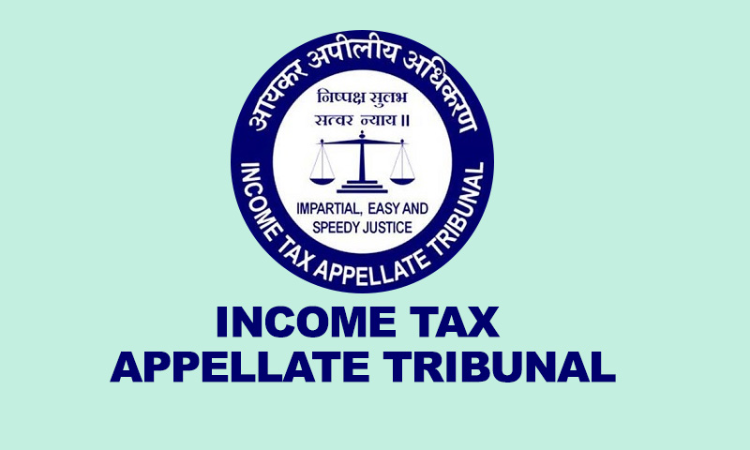Credit For TCS Available To Assessee In Whose Hand Income Is Assessed To Tax: ITAT
Parina Katyal
9 Feb 2023 1:30 PM IST

Next Story
9 Feb 2023 1:30 PM IST
The Bangalore Bench of the Income Tax Appellate Tribunal (ITAT) has reiterated that credit for Tax Collected at Source (TCS) should be given to the assessee who is finally and lawfully assessed to tax in respect of the income on which TCS has been collected, irrespective of the person in whose name the TCS certificate has been issued. Referring to the decision of the Jaipur Bench of...
